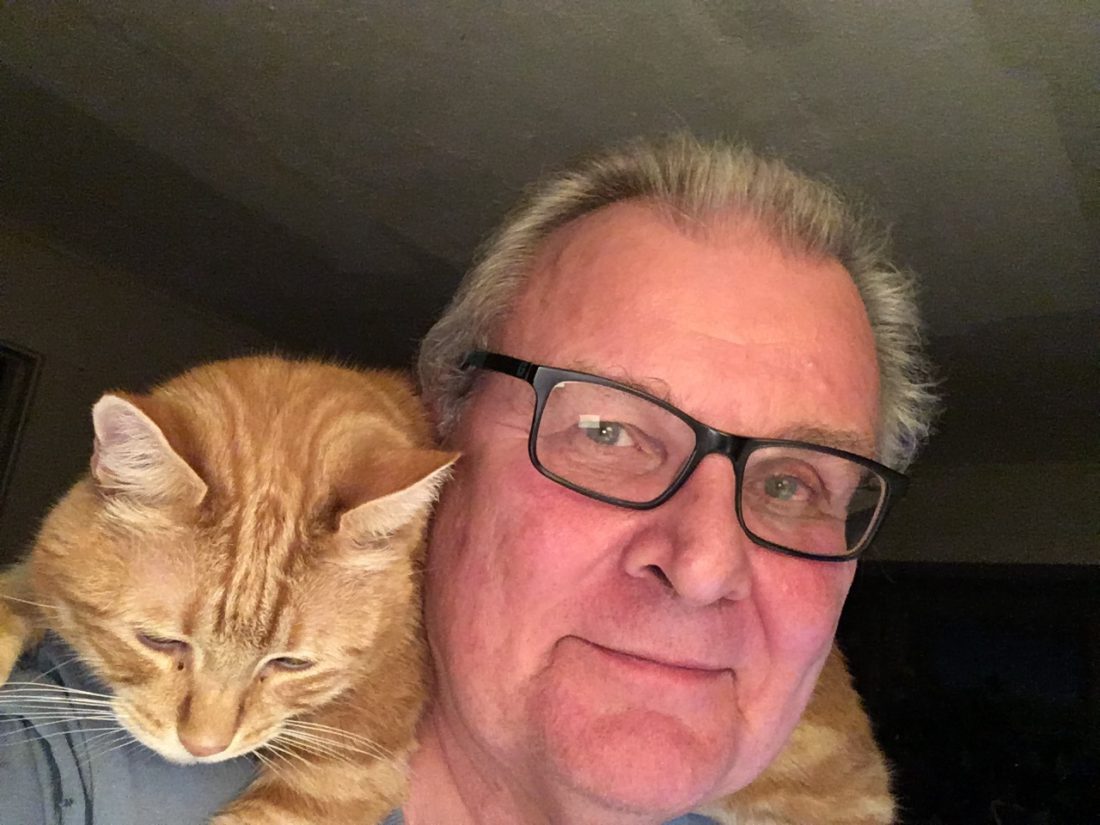I am a modestly successful author of 17 books, only one of which ever generated a steady income. (Hence the modesty.) Others sell now and again, here and there — mostly here, and mostly when I’m able to stage some sort of “author event.” Due to unsought notoriety, I’ve been fortunate enough to be invited to address audiences in 25 cities in a dozen states, and that has certainly contributed to my effort to peddle my stuff to a disparate readership.
When I was a couple of decades younger and embraced high hopes for my then decade-old writing career, I tried to engage an agent, which I soon learned was a career of its own. There’s a whole lot of who you know, who you know knows who, and a dash of luck in that enterprise.
At about the same time I learned that authors whose books appear on the front cover of The New York Review of Books often end up owing their publishers money. They may have been lucky enough to get a juicy advance, but the ensuing book tour, promotion and what-all are billed to the scribe. (Unless, perhaps, the scribe has generated a ton of money for the company in the past and is able to negotiate a sweeter deal.)
Looking further, I learned that a new author might garner a 5% royalty. Hmmm. So, if a title sold 1,000 copies at $12 each, the “talent” could nab $600, minus whatever was contractually debited.
So, I decided to self-publish. I had my first two titles printed by the only union print shop in South Carolina (whose owners I knew). One thousand copies of each. I managed to profit more than $600 on each title (selling far fewer than the print runs) — very gradually, over the years. It wasn’t a gold mine, but it wasn’t “unsuccessful” (assuming, as all writers must, that my time has no intrinsic value).
Then came print on demand! POD changed everything for self-publishers. I signed up with a company called CreateSpace. I was able to fashion books and covers and choose prices with no upfront cost. I could then purchase one copy or 10,000. A $12 book cost me about $4, so if I sold them at events, I made a 66% “royalty.” If I sold them wholesale, I made about $3 per copy. This beat the 5% option like a drum. I’ve made a little money on every effort since.
I marketed them to indie booksellers because I believe in indie booksellers. I eventually had wholesale buyers in about a dozen cities. Along the way, I found I could also market them through Amazon.
What a dilemma. I hate what Amazon has done to local retailers (starting with bookstores). I love the fact that it enables me to reach a global audience — and one of my titles sells better in Europe than here at home. Then Amazon bought CreateSpace. Sheesh.
I released my first 12 titles via author events at Malaprop’s Bookstore. They weren’t thrilled that I began printing via Amazon (which I certainly “get”), but since I was local, they humored me. Then came COVID-19, and author events understandably paused. Meanwhile, holed up with my laptop, I finished and published five collections of short stories. Ta-da!
Once events became a thing again, I attempted to schedule something with Malaprop’s. New management, perhaps, or rethinking of policy, and books printed by the monster were not welcome. OK. I get that. But I learned that they would accept titles published via IngramSpark, which distributes POD to indies.
Hey, hey! I could gain in the local market and diminish my Amazon guilt!
So, I republished my latest efforts through IngramSpark at $150 a pop for setup. Still a no-go from Malaprop’s, and I have only sold a couple of copies through the new distributor, but the royalties are a tad higher per copy, and maybe I will learn to feel content about the expensive choice. Unlike Amazon, IngramSpark has no retail option, and I’m currently about $730 from breaking even.
Meanwhile, halfway through writing No. 18, the seductive muse urges me on.
— Cecil Bothwell
Asheville
Cecil Bothwell is a former managing editor of Xpress and the author of The Prince of War: Billy Graham’s Crusade for a Wholly Christian Empire, Pure Bunkum: The Life and Crimes of Buncombe County Sheriff Bobby Lee Medford and most recently, That’s Life (as we know it).




Before you comment
The comments section is here to provide a platform for civil dialogue on the issues we face together as a local community. Xpress is committed to offering this platform for all voices, but when the tone of the discussion gets nasty or strays off topic, we believe many people choose not to participate. Xpress editors are determined to moderate comments to ensure a constructive interchange is maintained. All comments judged not to be in keeping with the spirit of civil discourse will be removed and repeat violators will be banned. See here for our terms of service. Thank you for being part of this effort to promote respectful discussion.